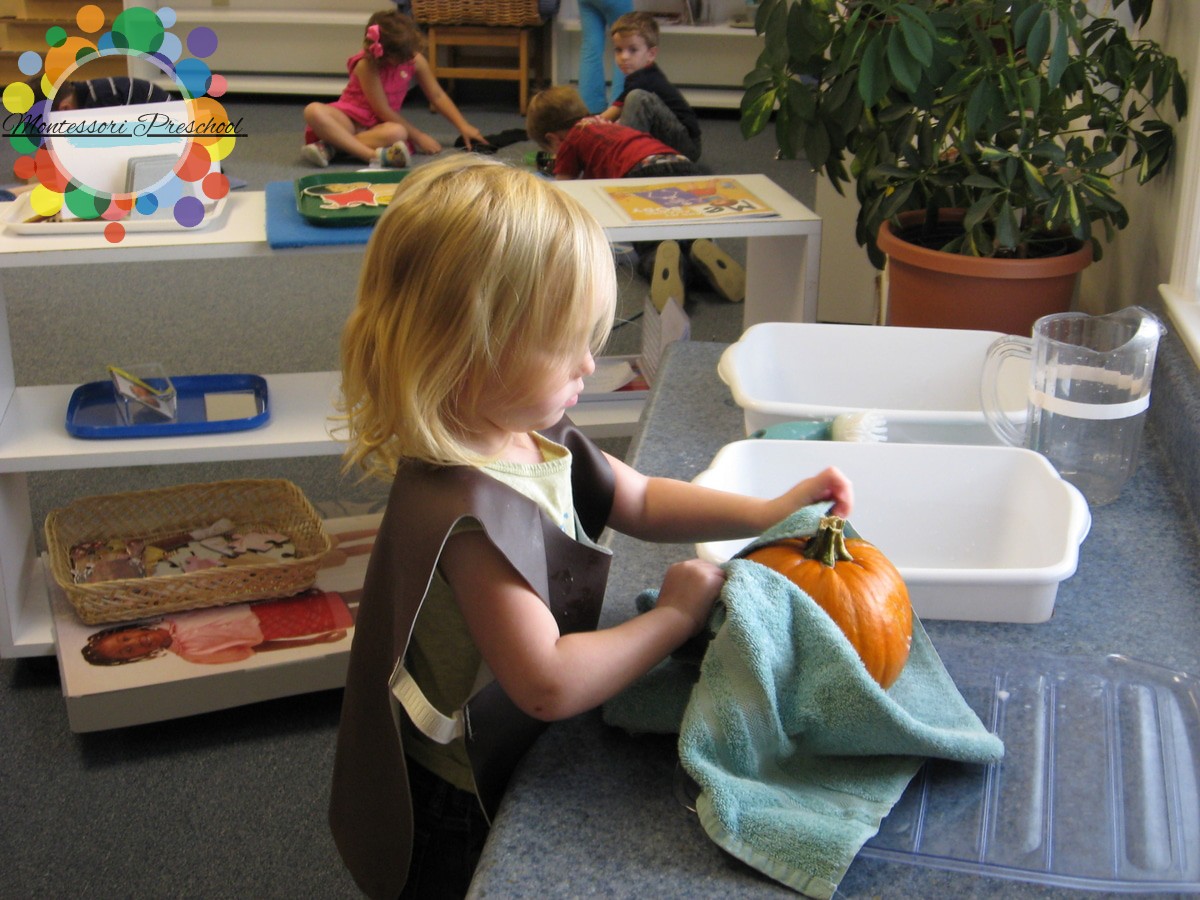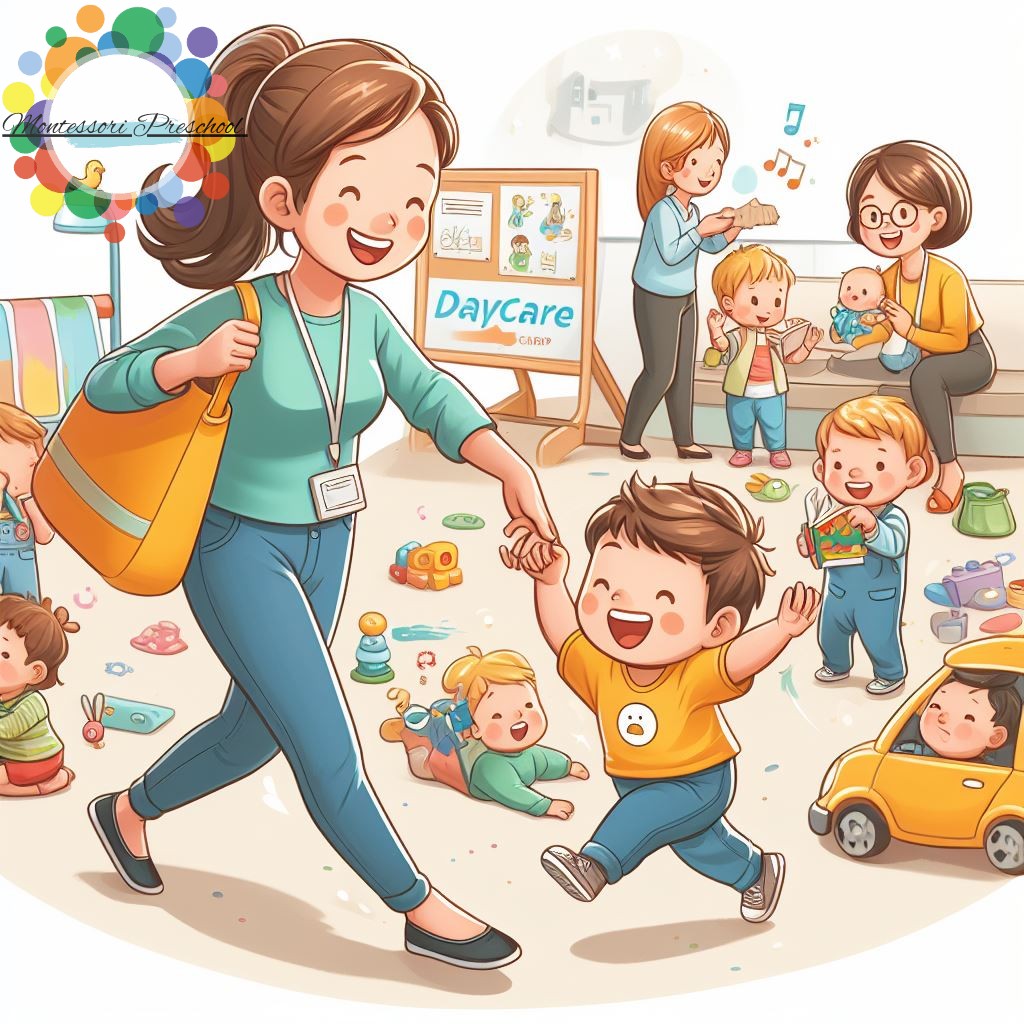
Are you searching for engaging and educational activities for your child? Look no further, as Montessori practical life activities offer a unique approach to teaching important life skills. These activities go beyond traditional playtime, allowing children to immerse themselves in real-life tasks that promote independence, coordination, and responsibility. Montessori practical life activities are designed to mimic daily routines and practices, benefiting children of all ages. From basic tasks like dressing and washing hands to more complex activities such as baking and business planning, these activities provide a comprehensive scope and sequence for skill development.
The Wonder of Montessori’s Practical Life Activities
Montessori practical life activities are adapted to suit each stage of a child’s growth, ensuring continuous learning and engagement. The benefits of practical life activities extend beyond skill acquisition. They promote concentration, problem-solving skills, and a sense of accomplishment. Additionally, these activities foster a child’s sense of belonging and connection to their environment by actively participating in daily life tasks.
Montessori practical life activities are highly flexible, allowing teachers and parents to tailor them to individual needs and preferences. With a wide range of skills covered, including motor control, self-care, manners, and care for the environment, there is something for every child to explore and master. Embrace the magic of Montessori’s practical life activities and watch your child blossom into an independent, responsible, and confident individual. Start incorporating these engaging activities into your child’s daily routine to witness their growth and development firsthand.
Developing Independence Through Practical Life Activities
Dressing and Self-Care
Children, especially toddlers, can learn essential life skills through dressing and self-care activities. By teaching them how to dress themselves from a young age, you are cultivating independence and a sense of accomplishment. Teach your child how to button their shirts, put on socks and shoes, and zip up their jackets. These activities not only promote fine motor skills development but also foster a sense of responsibility for their own well-being.
Washing Hands and Personal Hygiene
Teaching children proper handwashing techniques and personal hygiene habits is crucial for their health and well-being. Montessori practical life activities include teaching children the importance of washing hands thoroughly and regularly. Provide them with child-friendly soap and teach them the proper steps to follow for effective handwashing. Instilling these habits from a young age builds a strong foundation for maintaining good hygiene throughout their lives.
Meal Prep and Table Setting
Engaging in meal preparation and table setting activities teaches children important life skills and fosters a sense of responsibility and involvement in family meals. Get your child involved in age-appropriate tasks like washing fruits and vegetables, stirring ingredients, and setting the table. These activities not only provide practical skills but also promote a sense of togetherness and responsibility for taking care of their own needs.
Building Coordination and Motor Skills
Pouring and Transferring Activities
Pouring and transferring activities help children develop fine motor skills, hand-eye coordination, and concentration. Provide your child with child-sized pitchers and containers filled with different materials like water, rice, or beans. Guide them in pouring and transferring the materials from one container to another, focusing on controlled movements and precision. These activities enhance their motor skills while also teaching them concepts of quantities and measurements.
Introduce your child to cutting and pasting activities to develop their fine motor skills and hand-eye coordination. Start with simple tasks like cutting straight lines or shapes from construction paper and gluing them onto another sheet of paper. As they progress, gradually increase the complexity of the shapes and patterns to challenge their skills. These activities not only enhance their motor skills but also encourage creativity and imagination.
Lacing and Buttoning
Lacing and buttoning activities provide excellent opportunities for children to practice their fine motor skills and develop hand-eye coordination. Start with lacing cards or shoes with large eyelets and gradually progress to smaller and more intricate designs. Similarly, provide clothes with large buttons for them to practice buttoning and unbuttoning. These activities enhance their finger dexterity and coordination, preparing them for more complex tasks in the future.
Fostering Responsibility and Life Skills
Money Management and Budgeting
Introducing children to the concept of money management and budgeting at an early age cultivates responsible financial habits. Create a play money system with designated amounts for different tasks or chores. Teach your child the value of money, how to save, and how to make decisions regarding their finances. These activities not only promote responsibility but also develop their mathematical and decision-making skills.
Business Planning and Entrepreneurship
Engage your child in business planning and entrepreneurship activities to foster creativity, problem-solving skills, and a sense of accomplishment. Encourage them to develop a simple business idea, create a product or service, and market it to family and friends. Help them understand concepts like profit, supply and demand, and customer satisfaction. These activities provide a real-world context for learning and promote critical thinking and innovation.
Household Chores and Cleaning
Involving children in household chores and cleaning tasks helps them develop a sense of responsibility and ownership of their environment. Assign age-appropriate tasks like dusting, sweeping, or sorting laundry. Teach them the importance of cleanliness and organization while instilling a sense of pride in contributing to the household. These activities nurture responsibility and build essential life skills that will serve them well in the future.
Nurturing Social Skills and Emotional Development
Grace and Courtesy
Montessori practical life activities include teaching children manners and etiquette through grace and courtesy exercises. Teach them how to greet others politely, say please and thank you, and wait patiently for their turn. Encourage them to empathize with others and practice active listening skills. These activities foster social skills, empathy, and emotional intelligence, preparing them for positive interactions in various social settings.
Conflict Resolution and Problem-Solving
Conflict resolution and problem-solving skills are essential for children’s social and emotional development. Engage your child in activities that simulate real-life conflicts and challenges. Encourage them to brainstorm solutions, consider different perspectives, and find peaceful resolutions. These activities not only enhance their problem-solving abilities but also teach them empathy, effective communication, and cooperation.
Mindfulness and Meditation
Practicing mindfulness and introducing meditation to children promote emotional regulation, self-awareness, and overall well-being. Incorporate short, guided mindfulness and meditation sessions into their daily routine. Encourage them to focus on their breath, observe their thoughts and emotions without judgment, and cultivate a sense of inner calm. These activities nurture their emotional intelligence and provide tools for managing stress and anxiety.
Caring for the Environment and Others
Gardening and Plant Care
Engaging children in gardening and plant care activities instills appreciation for nature and a sense of responsibility towards the environment. Teach them how to plant seeds, water plants, and nurture a garden. Help them understand the importance of sustainability, biodiversity, and the impact of their actions on the planet. These activities encourage their care for the environment and foster a sense of connection to the natural world.
Community Service and Volunteering
Teaching children the value of community service and volunteering cultivates empathy, compassion, and a sense of social responsibility. Identify age-appropriate volunteer opportunities in your community and involve your child in activities like serving food at a local shelter, participating in charity drives, or cleaning up public spaces. These activities broaden their perspective, instill gratitude, and inspire them to make a positive difference in the lives of others.
Pet Care and Animal Welfare
Caring for pets and learning about animal welfare helps children develop empathy, responsibility, and an understanding of the needs of other living beings. Assign age-appropriate tasks related to pet care, such as feeding, grooming, and walking. Teach them about the importance of treating animals with kindness and respect. These activities foster empathy and teach them valuable lessons about care and compassion.
Montessori practical life activities offer a comprehensive approach to teaching important life skills to children. From developing independence and coordination to fostering responsibility and social skills, these activities provide a solid foundation for a child’s growth and development. By incorporating these engaging activities into your child’s daily routine, you can witness firsthand their blossoming into independent, responsible, and confident individuals. Embrace the wonder of Montessori’s practical life activities and open the doors to a world of possibilities for your child’s future.



